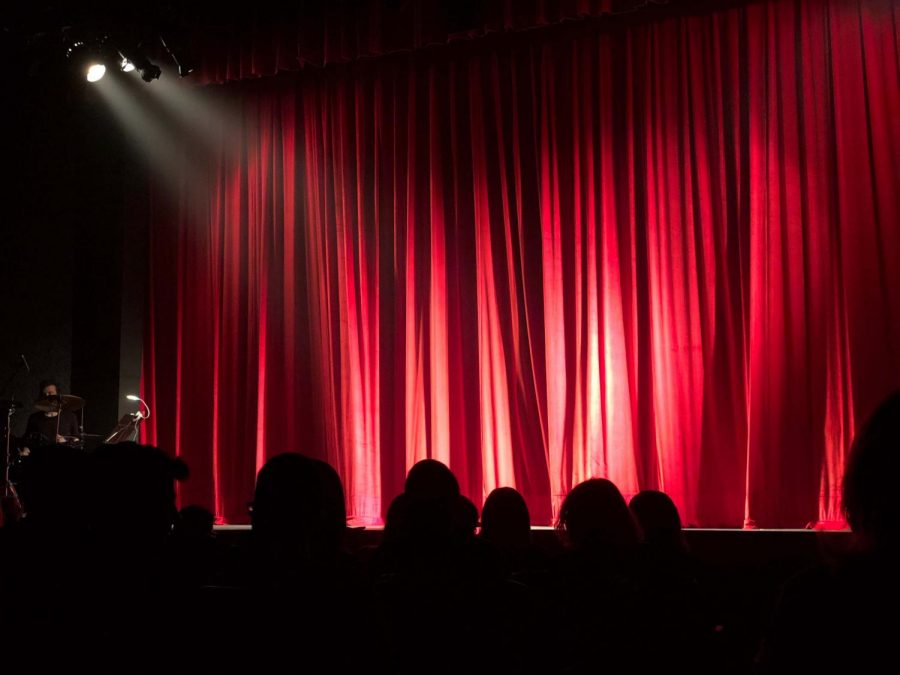Stage Fright – How To Control It
Stage fright(also sometimes referred to as performance anxiety)is a common feeling that people can experience anytime before, during, and after a performance, and talking in front of a crowd. Some experts estimate that as much as 77% of the world’s population has a degree of anxiety in public speaking. They also believe that it is a part of social anxiety disorder, a condition rooted in fear of judgment and rejection. The scientific term for stage fright is known as glossophobia which is a fear of public speaking, which itself is a type of social phobia. In many cases, stage fright arises in anticipation of a performance. Some physical symptoms of stage fright that could occur are sweaty hands, facial nerve movements, dry mouth and tight throat, dizziness, nausea, vision changes, racing pulse, rapid breathing, uneasy feeling in your stomach, and trembling hands, knees, lips, and voice. Some things that you may feel before the event or stage is excessive dread or worry about the event. These are some of the many symptoms that could occur before and while performing/speaking. In this article, we will discuss the types of stage fright that could occur, some important factors to be aware of, and discuss some practical ways that you can use to help cope with stage fright.
There are different types of stage fright that could occur during performance.
Types of Stage Fright:
Physiological(relating to a branch of biology that deals with the normal functions of living organisms):
- Altered heart rate, sweating, upset stomach, chills, nausea, and headache.
Cognitive(relating to the study of the mind and the way we think):
- Mental confusion, congestion, and fear of failure and ridicule.
Behavioral(relating to the way we act):
- Frequent or long silences, stuttering, an urge to escape from the situation.
Other situations where people can experience stage fright can be:
- Sports match
- Performing in a concert
- Speeches
- Class presentations
What are the causes of stage fright?
Oftentimes, stage fright is connected to a social phobia which can be shown by the following cognitive errors that we should avoid thinking:
- An unrealistic view of the assessment that is expected of you
- Underestimation of your abilities
- Excessive worry about the audience’s reaction
- Excessive worry of feeling rejected
Can stage fright be a factor genetically in families?
Research shows that genetic factors can play a role in anxiety disorders showing that up to 30% of generalized anxiety disorder cases appear to be genetic.
Practical Tips to Control stage fright:
- Practice beforehand thoughtfully and thoroughly
- Encourage yourself with positive thoughts/positive visualization
- Breathing exercises before and after performances can help keep you calm
- Focus on the material/task at hand, not yourself
- Think about the present, not the past or the future
- Be yourself
Closing Comments:
Hopefully, you were able to learn and take some things from this article that will help you to control stage fright. Don´t give up on controlling stage fright, and stay positive!
Sources used in Research:
https://www.youtube.com/watch?v=w9mzKWmmUAc
https://www.topdoctors.co.uk/medical-dictionary/stage-fright#







